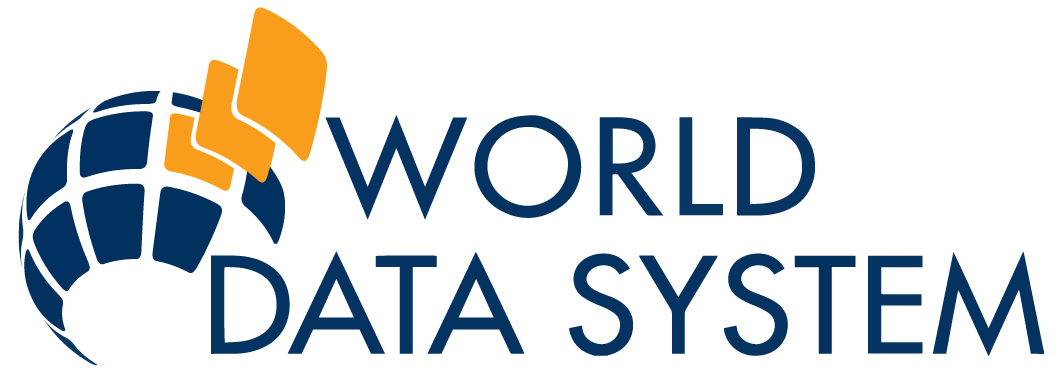Data
- Obtaining
- Supplying
- High-Frequency
- Bottom Pressure Records
- Other Long Records
- GLOSS/ODINAFRICA Calibration Data
Donate
Donate to PSMSL
Obtaining High Frequency Data
Historically, obtaining higher frequency (HF) sea level data (typically hourly values) was more complicated than obtaining MSL data. No formalities existed for the international exchange of higher frequency data, and a number of countries were reluctant to exchange HF data because they were perceived to have either military or commercial value (unlike MSL).
This situation has changed dramatically. Many countries have taken part in international scientific programmes (e.g. the World Ocean Circulation Experiment (WOCE) of the 1990s) which required extensive data exchange. In addition, there has been a recognition that by not charging for HF data, one makes the information more accessible and therefore more 'useful' to the community, with benefits all round. This has been aided in a number of countries by changes to the laws with regard to access to data, so as to provide data free of charge (or with minimal charge) to the user. The availability of web services has aided these developments considerably.
- GLOSS Delayed Mode Higher Frequency (DM HF) Data Sets
There are in effect two DM HF GLOSS Data Sets.
One is at the British Oceanographic Data Centre (BODC), which is based at the same institute as the Permanent Service for Mean Sea Level, and which functions as a GLOSS Archiving Centre on behalf of the PSMSL. This DM activity by BODC is also being undertaken on behalf of the Climate Variability and Predictability Programme (CLIVAR).
The other is the University of Hawaii Sea Level Center (UHSLC) which has its Research Quality Data Set (RQDS) which is, to a great extent, a GLOSS DM HF data set.
Steps are now being taken to merge these two DM HF data sets as far as possible for the benefit of users.
- GLOSS Fast Mode Higher Frequency Data Sets
The GLOSS Fast Centre is based at the UHSLC and is an evolution of the fast activities provided during WOCE. 'Fast' during WOCE meant data available during approximately one month, but now there are requirements for data within several days or even real-time for a range of deep ocean and coastal applications.
UHSLC also operates the Fast Centre as a service for the CLIVAR programme.
- IOC Operational Status and Quick Inspection
The Sea Level Monitoring Facility monitors real time sea level measuring stations that are part of IOC programmes. The objectives of the service are to provide i) information about the operational status of global and regional networks of real time sea level station, and ii) a display service for quick inspection of the raw data stream from individual stations. Data from this site are not considered research quality.
However, be aware each centre will provide data in different formats and possibly subject to a charge.





